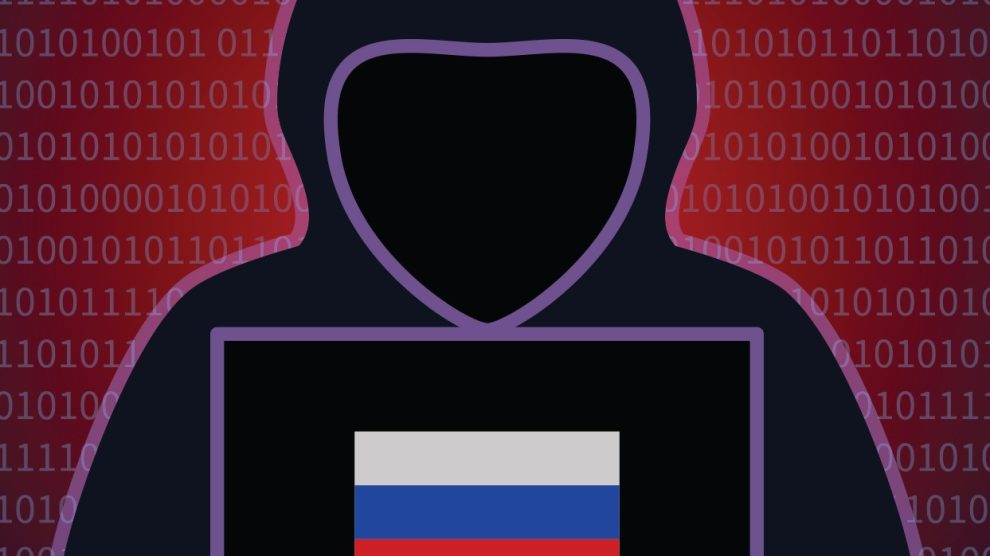How does the pro-Russian propaganda move in Italy? That’s what Alex Orlowski, a cyber propaganda expert, and his data journalism team set out to do. The result of this work, published in Italy’s version of Rolling Stone, took the form of a comprehensive Twitter investigation encompassing 639.000 tweets and over 1 million data points.
- They focussed on the users who employ the symbol of Vladimir Putin’s orchestrated propaganda campaign – the “Z” –along with other filters, to “understand who the Kremlin’s bridgeheads in Italy are, what they think and how they act.”
From the ground up. The researchers took eight anonymous Twitter profiles that openly displayed the “Z” in their username and upheld the Russian invasion of Ukraine. They reconstructed a network of related accounts starting from those – as similar profiles tend to follow each other.
- This operation yielded thousands of accounts, which were then filtered according to their adopted symbolism – namely, the “Z”, cross-compared with other group-specific emoticons and phrases. The researchers then identified their audience: about 250 thousand users.
- Mr Orlowski’s team filtered out less problematic pro-Russian content and focussed on the Kremlin’s “Z” propaganda campaign, which also attracts violent extremist users – many of them overlapping with the anti-vax movement.
What they found. Charting the pro-Z audience allowed the researchers to see what kind of accounts and which public personalities they followed the most, who they mentioned the most, and what hashtags they used.
- Most followed accounts: a pro-Russia MEP, Francesca Donato, and the Russian Embassy in Italy sit right at the top of this list, which comprises a mixture of bogus experts and publications peddling misinformation and assorted right-leaning personalities, with a few notable exceptions.
- Most mentioned accounts: pro-Zers interact the most with pro-Ukrainian voices, news outlets and politicians, as well as other Z accounts and right-leaning activists. More generally, pro-Zers comment on daily news and updates, even if unrelated to the Russian war in Ukraine.
- Most used hashtags: the Z movement’s hot words differ wildly in variety and encompass ongoing events. The most notable feature of the word cloud is a stunning overlap with the anti-vax and conspiratorially-minded content we’ve come to know since the onset of the pandemic.
Charting the Z evolution. Mr Orlowski’s team also set out to understand how this movement evolved since the beginning of the invasion on February 24. Here are the main takeaways:
- pro-Z accounts are highly active in resharing content that aligns with their beliefs;
- they often mention news or talk shows to either target a pro-Ukraine voice or endorse a pro-Russian contribution;
- semantic and sentiment analysis demonstrates that terms like “Draghi” are viewed by the target audience in an extremely unfavourable light, while “rusembitaly” (the Russian Embassy’s handle) is held in extremely high regard.
- pro-Z accounts also engaged with the vaccine and Covid-related news, reinforcing the link between pro-Russia and anti-vax content.
What does it mean? If anything, the Kremlin’s propaganda campaign – which goes hand in hand with cyberattacks – is still in full swing in Italy, and it’s aided by a sizable audience of both conscious and unintentional enablers.
- Moscow’s strategy, which aims to undermine democracies by employing hybrid war, is unchanged. Russian forces also had a role in nurturing the conspiratorial disinformation around Covid-19 and the vaccine.
- Killnet, the Kremlin-backed cybercriminals that have been targeting Italian infrastructure, attacked yet again on Monday morning. Then they used their Telegram channel to reshare an Italian pro-Z account, asking them to “discover what’s behind the ‘military secrets’ relating to the vaccines, which are hidden to ‘safeguard the public order.”




